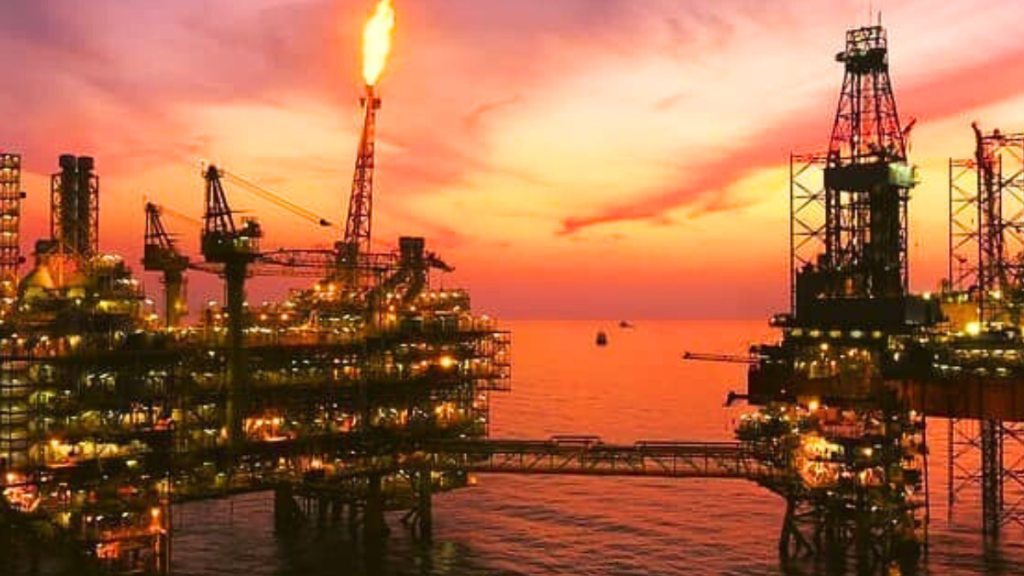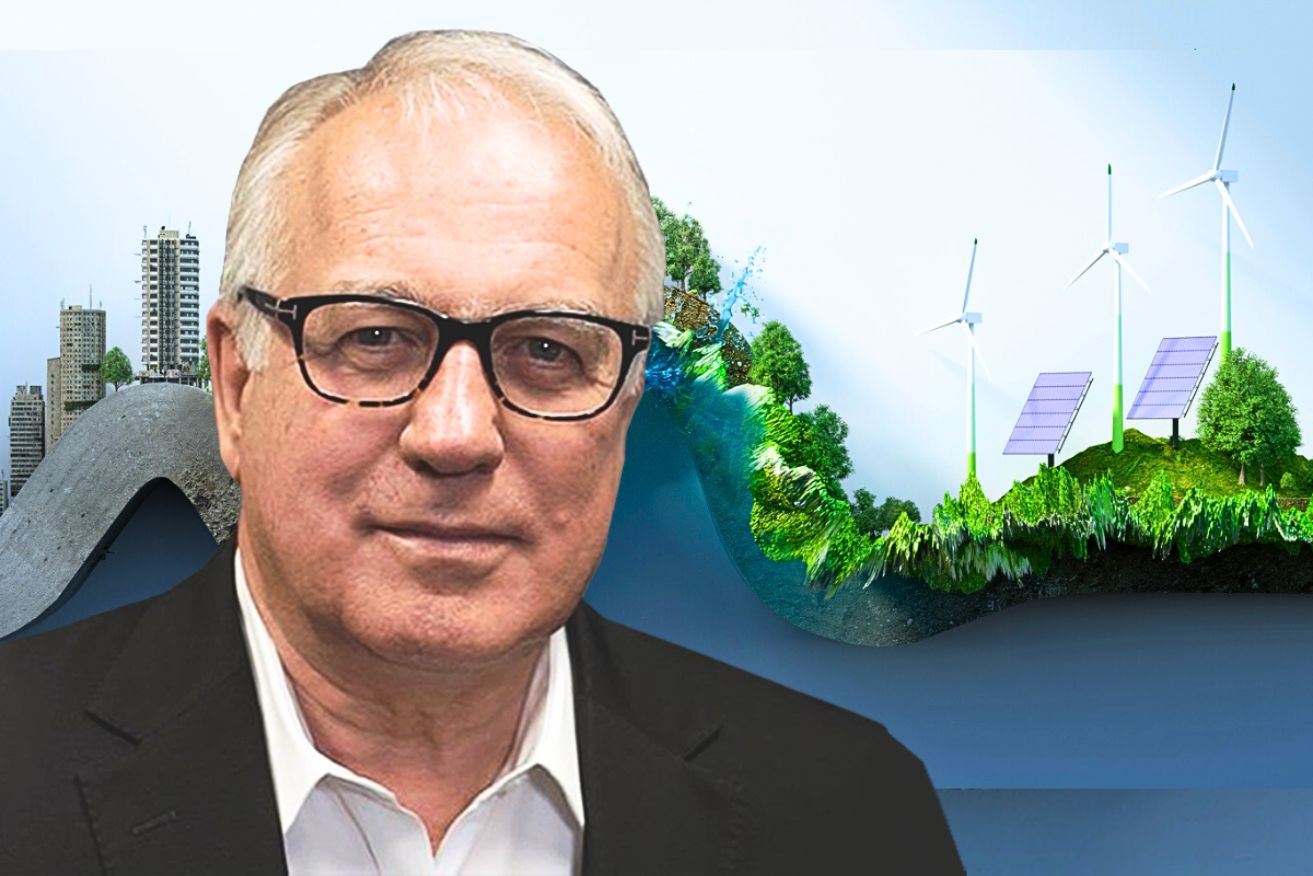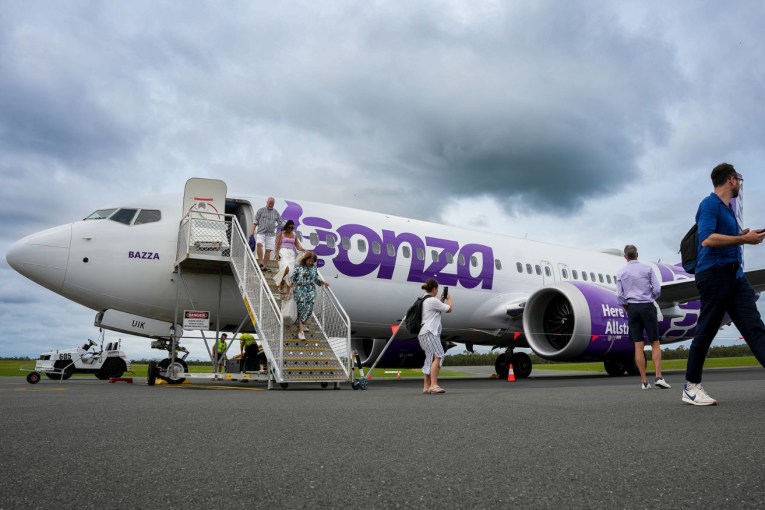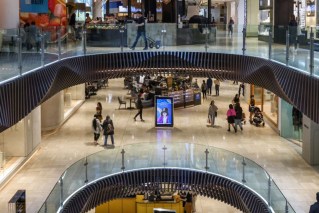As I listened to Ross Garnaut and Rod Sims tell the National Press Club how Australia can become a renewable energy superpower, and in fact how to sensibly manage the energy transition in the first place, I thought longingly about Jim Chalmers’ plan to repeal Section 11 of the Reserve Bank Act.
That’s the part that allows the government to overrule the RBA (via the Governor-General).
By repealing it, the Albanese government will ensure that our elected representatives will no longer have any say whatsoever about monetary policy.
Some say this means unelected technocrats will be deciding a crucial part of Australia’s economic policy, which would be bad.
My view: It’s great, go for it.
But can we get the politicians out of climate change policy too?
The former head of Prime Minister and Cabinet, Martin Parkinson, told the ABC’s Nemesis program this week: “We’ve had a decade of drift in climate policy.
“We’ve had policies proposed and then abandoned, we’ve had science acknowledged and then ignored, and we’ve created a situation where more and more assets and more and more Australian lives, are at risk from climate change than ever needed to be.
“To me this is the single most irresponsible act that I’ve ever seen by governments.”
That is excruciatingly, embarrassingly true.
How the technocrats would do it
Garnaut and Sims, two of Australia’s best unelected technocrats, proposed a big tax on fossil fuels to raise $100 billion and fund the transition to renewable energy.
They did so knowing they were pi–ing into the wind; that the nation’s political leaders would be elbowing each other out the way to declare that they won’t do it.
The proposal for what they call the “Carbon Solutions Levy” is the most controversial of a set of ideas the two men have been working on for six months and represent the best climate policy since, well, since the Clean Energy Act 2011 was repealed in 2014 by the Coalition.
A hefty carbon tax is the centrepiece of their plan. Rod Sims told me this week: “the idea that you can transition the economy away from fossil fuels without them (fossil fuel producers) paying for the damage they do is ridiculous”.
But the Garnaut-Sims plan is not simply about taxing carbon and emissions reduction – in fact, it’s not mainly about that – it’s about building renewable energy industries in Australia to take advantage of the amount of sunlight and wind hitting our country.
They proposed a Superpower Innovation Incentive Scheme (SIIS) to provide grants of up 50 per cent of the capital cost of new projects in green iron, aluminium, polysilicon, transport fuels and urea.
Garnaut and Sims says that it’s not feasibly to export renewable energy itself, even as hydrogen – it makes more sense to export products made with renewable energy, which will become increasingly popular and, in time, required.
They point out that as more and more countries introduce Carbon Border Adjustment Mechanisms (CBAMs), which load tariffs onto imports that are made with fossil fuels, opportunities will open up for products that have no embedded carbon emissions.
The big one for Australia is “green iron” – that is from blast furnaces that don’t use coal – to ensure we can continue exporting iron ore when coal and gas expire.
Last week BHP and Rio Tinto announced that they were partnering with BlueScope Steel to look into decarbonising iron production by building a pilot plant to “demonstrate that production of molten iron from Pilbara ores is feasible using renewable power when combined with Direct Reduced Iron (DRI) process technology”.
Europe’s CBAM began to phase in on October 1 and will be fully operational in January 2026.

A tax on our biggest polluters would be a viable solution, but it will never happen. Photo: AAP
A good idea that will never happen
Garnaut and Sims suggest that Australia’s carbon tax (Carbon Solutions Levy) be imposed at the level of the EU’s carbon price (five-year, inflation-adjusted average, currently about $90 per tonne of emissions). That would ensure that Australia’s export would get through the EU’s CBAM, possibly before anyone else’s.
But the tax is mostly needed to fund the SIIS plus the Capacity Investment Scheme that the government has already announced, but which is going to get very expensive in a few years, as well as the infrastructure needed to support the transition, and compensate households.
The $100 billion it would raise would also fund energy price relief of $300 per household, lower household costs by another $140, remove all petrol and diesel excise, and thereby reduce the consumer price index by 1.5 per cent as well as support the creation of new renewable energy based industries.
Why not an emissions trading scheme like Europe’s ETS, of Labor’s Clean Energy Act, or even the Safeguard Mechanism system now in place?
Because a tax is simpler, they say, and would raise more money – from fossil fuel companies.
Will it happen? Of course not, at least not with the current set of politicians in Canberra.
Look at the near hysteria this week over the idea that negative gearing should be restricted, proposed by the Greens.
The Coalition immediately tries to scare everyone that negative gearing might be removed by the Labor government, with the Murdoch editors immediately striking up the marching band behind them, never mind that such a thing would not be scary, but sensible and help make housing less unaffordable, and in any case the government says they won’t do it, not because they don’t think it’s a good idea (they took it to two elections) but because they’re the ones who are scared.
Imagine what would happen if the ALP proposed a carbon tax!
Garnaut and Sims acknowledge that their idea will be ruled out by the main political parties, but they say that this is just the beginning of the debate. They are tilling the soil, they say, and will keep tilling it till something grows.
Alan Kohler writes twice a week for The New Daily. He is finance presenter on the ABC News and also writes for Intelligent Investor










